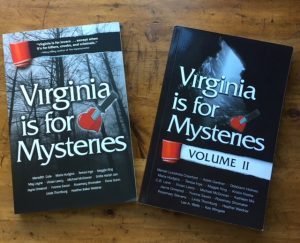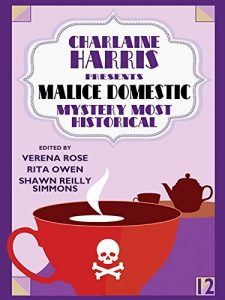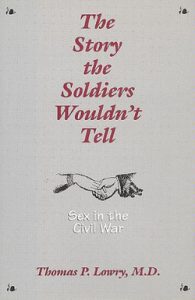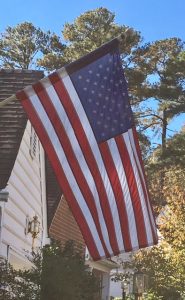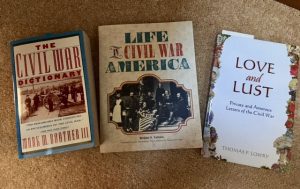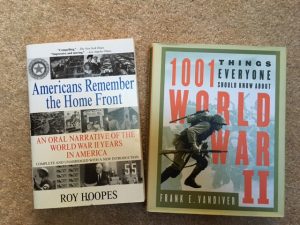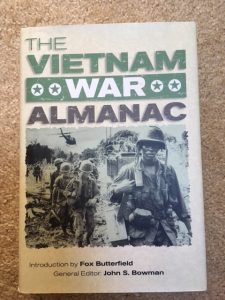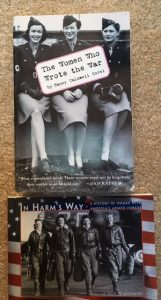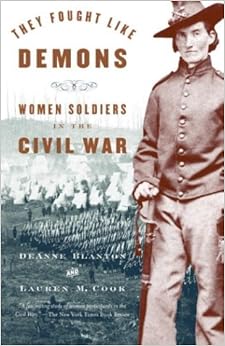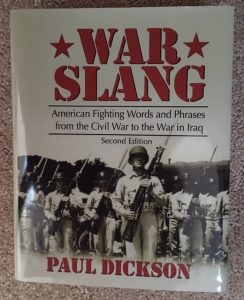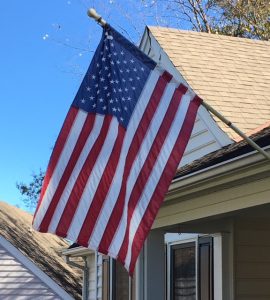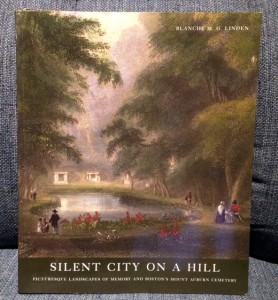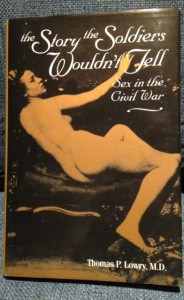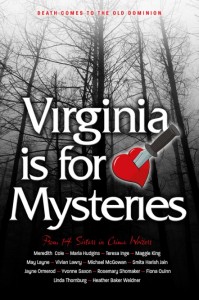Some of you are familiar with my short story mysteries featuring Clara, an engaging prostitute who plied her trade during the Civil War with men whose sexual preferences included “soft” fetishes—i.e., nothing painful, more like making love in caskets, lapping brandy from her bellybutton, or enjoying chocolate applied with feathers. (So far, no one’s complained about the lack of explicit sexual detail on the page!) And somehow, she was repeatedly embroiled in solving mysterious deaths.
Well, I’m working on another Clara story, and here are some bits of info I think you’ll find interesting.
I stumbled across this book some years ago in the gift shop at the Museum of the Confederacy and bought it, because who isn’t interested in sex? Since then, Thomas P. Lowry has become my favorite writer on the topic! However, I’ve also searched online. I won’t be giving specific citations, because many of these facts pop up in several writings.
The topic of prostitution isn’t as intensively researched and written about as many other Civil War topics, and one might assume that’s because it was a minor issue. Wrong! In 1864 there were 450 brothels in Washington and over 75 in Alexandria, Virginia. A newspaper estimated there were 5000 “public women” in DC and another 2500 in Alexandria and Georgetown—and this is just an example. Whenever army troops set up camps, nearby small towns were overrun with women in the sex trade.
One estimate was that 40% of soldiers suffered the pox (syphilis) and/or the clap (gonorrhea). These STIs were nearly as dangerous to soldiers as battle—which prompted military officers to take action. That often took the form of moving bawdy women elsewhere.

Similar rounding up of prostitutes and forcibly transporting them to the enemy’s city by train was common between Richmond, Virginia and Washington, DC—which promoted women being spies. (But spying is for another day.) In any case, such transportation did not take into account the convenience, preferences, or comfort of the women. For example, one report on the women aboard the Idahoe said the women were in bad shape when they returned to Nashville: “The majority are a homely, forlorn set of degraded creatures. Having been hurried on the boats by a military guard, many were without a change of wardrobe.” Nor were they properly fed after the first three days.

